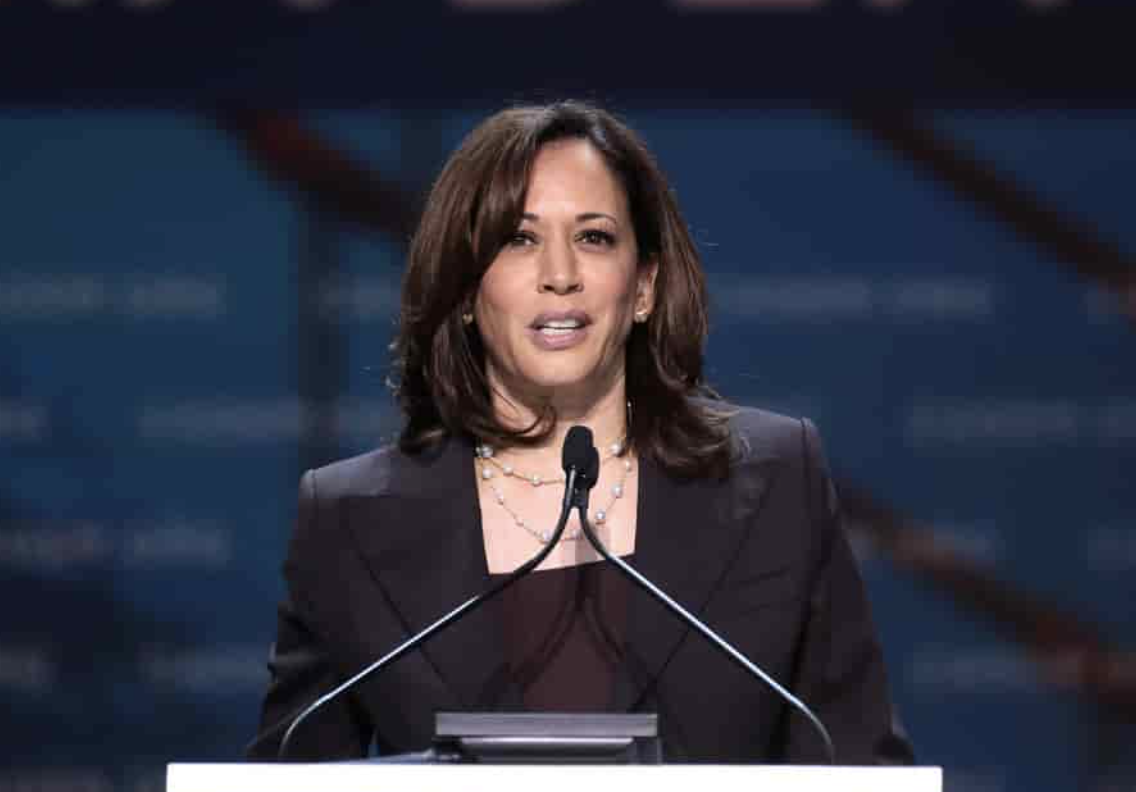Trump’s Chances of Beating Harris Rise After Debate: Report

There has been significant discussion in both the media and Democratic circles, which often overlap, about the idea that party nominee Kamala Harris outperformed former President Donald Trump in their debate. However, this perception hasn't been reflected in reality.
Post-debate polling indicates that while many Americans believe the vice president had a stronger performance on stage, a growing number of voters are shifting toward supporting the former president.
Nate Silver, a well-regarded pollster, has given the former president a 61 percent likelihood of regaining the presidency, with a 63 percent chance of winning Pennsylvania and a 52 percent chance of prevailing in Michigan.
🚨 BREAKING: Trump ticks back to being the 61% favorite in Nate Silver’s election model after more polls release
— Eric Daugherty (@EricLDaugh) September 13, 2024
🔴 Trump: 61% (+22.3)
🔵 Harris: 38.7%
The model also gives Trump a 63% chance of winning PENNSYLVANIA, and a 52% chance at MICHIGAN.
Silver Bulletin | Sept. 13 pic.twitter.com/URsjPvtt9m
These figures have actually improved compared to pre-debate numbers, where Silver had Trump's advantage at a slightly lower margin.
Silver, the founder of the FiveThirtyEight polling site and now running his own election model on Substack, initially showed Trump with a substantial lead. His model, published last Wednesday, gave Trump a 58.2 percent chance of reclaiming the White House, with Harris trailing at 41.6 percent.
The week before, the model had shown a closer race, with odds at 52.4 percent for Trump versus 47.3 percent for Harris. Silver attributed Harris’s decline to her national polling not translating as well in key battleground states, which are crucial in determining the outcome of presidential elections.
“There’s room to debate the convention bounce stuff, but Harris has been getting a lot of mediocre state polls lately. The chance of Harris winning the popular vote but losing the electoral college has risen to 18%,” Silver shared on X, formerly Twitter.
He further added, “In addition to Pennsylvania, Michigan has become something of an issue for Harris. National polls and polls of other swing states mostly decent for Harris, but erosion in PA/MI hurts a lot in the model.”
In Pennsylvania, for instance, Silver’s averages had Harris leading by 1.8 points before the Democratic National Convention (DNC), but that margin has now narrowed to just 1 point. “That’s before any convention bounce adjustment, which is implemented at a later stage of the model,” Silver explained. In Michigan, the polling average fell from Harris +3.1 pre-DNC to Harris +1.9 now.
Things took an even worse turn for Harris last Thursday. “More mediocre swing state polls for Harris, and her lead in national polls is down a tick, too, to 3.0 points. Note that these polling averages aren’t affected by convention bounce stuff,” Silver said.
He also noted, “Harris’s raw polling averages have DECLINED in most swing states since the start of the DNC. This data is NOT subject to the convention bounce adjustment. She’s had a run of pretty mediocre state polling.”
“The Electoral College/popular vote gap has gotten quite bad for Harris. Now a 20% chance she wins the popular vote but loses the EC,” Silver remarked.
Today's update.
— Nate Silver (@NateSilver538) September 4, 2024
There's room to debate the convention bounce stuff, but Harris has been getting a lot of mediocre state polls lately.
The chance of Harris winning the popular vote but losing the electoral college has risen to 18%.https://t.co/vsGVG18HHI pic.twitter.com/ufLHsoG62S
Anticipating criticism, Silver clarified in a separate post that he plans to vote for Harris, distancing himself from any accusations of being a “Trumper.”
Others have also voiced concerns about Harris’s position. CNN’s political director, David Chalian, pointed out that white voters without college degrees pose a significant challenge for Harris, while Trump maintains a solid lead with this demographic.
“If you look at the white voters without college degrees, this is a Trump-based constituency, obviously,” Chalian stated. “You see his huge numbers with this group. You see that this is a trouble sign for Harris.”
Chalian also highlighted that Harris is struggling with another crucial group: white, college-educated voters in battleground states.